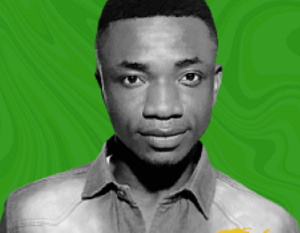General News of Sunday, 20 July 2003
Source: .
Ghana to fix polls day
A proposal has been made for legislation to fix a particular day for presidential and parliamentary elections to ensure some permanency and certainty about these important national events.
It was argued that fixing a day for the event, rather than a date, will remove the seasonal debates which always precede the determination of the date by the Electoral Commission for approval by Parliament.
The proposal was made by the Presidential Advisor on Population, Prof F. T. Sai and endorsed by a group of experts who reviewed a report on workshops and a national forum on 10 years of constitutional rule on ?Consolidating Constitutional Democracy in Ghana?.
Prof Sai said such a decision will eliminate the sometimes acrimonious debates that go on in election years when the Electoral Commission announces a date for elections, sometimes necessitating changes.
Reacting to the proposal, the Chairman of the Electoral Commission, Dr Kwadwo Afari-Gyan, said such a law will put to rest the debate as to whether the EC chooses the dates for elections to favour some candidates or against the interest of some religions or sects.
Dr Afari-Gyan said once the day is fixed, it will be known to all Ghanaians and there will be no debate as to its suitability or otherwise, once the matter is settled and passed into law.
Prof Sai further called for clearly defined legislation on the transition period for a change-over of government, such as to ensure the dignified exit of a President who has served his term and the triumphant entry of the President who has won the mandate to serve the people.
He further suggested that the swearing-in of the new President must be done at midnight after January 6, so that there will be no vacuum between the outgoing and the incoming administrations.
The experts, who included faculty members from Legon Centre for International Affairs and the Faculty of Law, agreed with the proposals, which they felt can help deepen democracy and promote good governance.
They also called for open debate of the processes of appointment, operation and remuneration of special assistants and advisors, so that the public will not be in doubt or have any suspicions, as to the necessity for such appointments.
On the issue of Members of Parliament serving as Ministers of State, they stressed the need for the President to be given a free hand in the appointment of the Cabinet, while Parliament must be encouraged to develop its independence.












